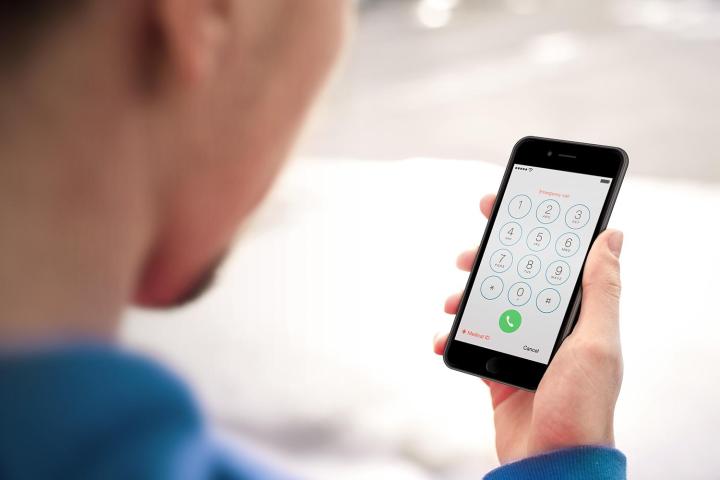
Verizon, for its part, is offering free wireless and wireline calling from the U.S. to France until July 16. AT&T is providing both its postpaid and prepaid customers free landline, texting, and mobile calls until a day later, July 17, and offering all subscribers the ability to donate $10 to the Foundation for France by texting “NICE” to 20222. T-Mobile is making it free for subscribers to MetroPCS, GoSmartMobile, and Walmart plan customers to “contact loved ones in the [Nice] area” until July 17. And Sprint, through July 17, is crediting all fees for calls placed and texts sent to France by Sprint, Boost, and Virgin Mobile customers.
Google, too, has joined the outpouring of support by making calls to France from Hangouts, Google Voice, and its Project Fi mobile service free “from anywhere in the world.” In addition, it has launched a card in Google Now, the search firm’s virtual assistant on Android and iOS, with “updates from French authorities.”
It’s the continuation of an inspiring trend. In April, following a devastating earthquake off the coast of Esmeraldas, Ecuador, Verizon, Sprint, T-Mobile, AT&T, and Google began offering U.S. customers free calls and texts to the country. Those carriers, too, offered free service to residents and relatives affected by this year’s earthquakes in Japan.
The carrier announcements follow Facebook’s activation of Safety Check, the network’s tool for finding missing persons in the aftermath of disasters. It determines a user’s location both by information they’ve listed in their profile and by their last known geographic location and, if applicable, prompts them to let friends know that they’re safe.
Facebook said it has activated four times in the past five weeks alone, notably in June following the mass shooting at an Orlando night club and after the June 28 terror attack on Turkey’s largest international airport. “Last month, we began testing features that allow people to both initiate and share Safety Check on
Editors' Recommendations
- T-Mobile’s huge lead in 5G speeds isn’t going anywhere
- T-Mobile’s 5G is still unmatched — but have speeds plateaued?
- T-Mobile is leaving AT&T and Verizon in the 5G dust
- T-Mobile’s 5G and 4G LTE networks are nearly twice as fast as Verizon and AT&T
- T-Mobile’s 5G network just beat Verizon and AT&T (again)


